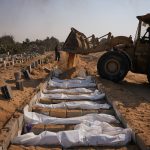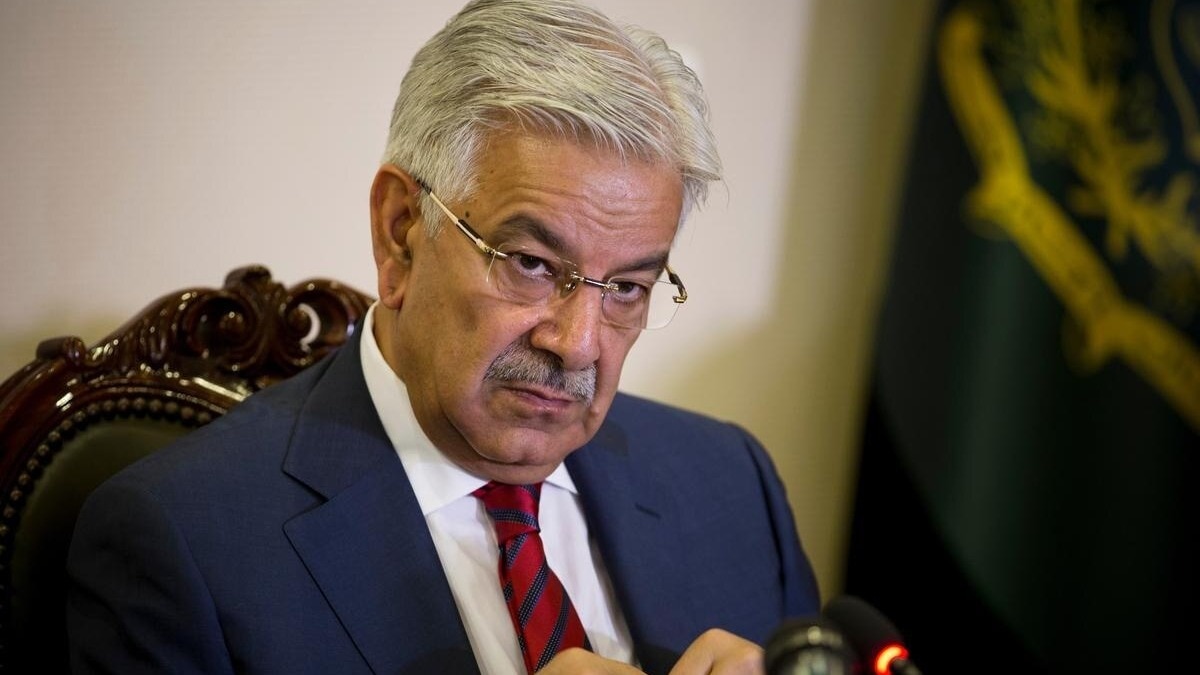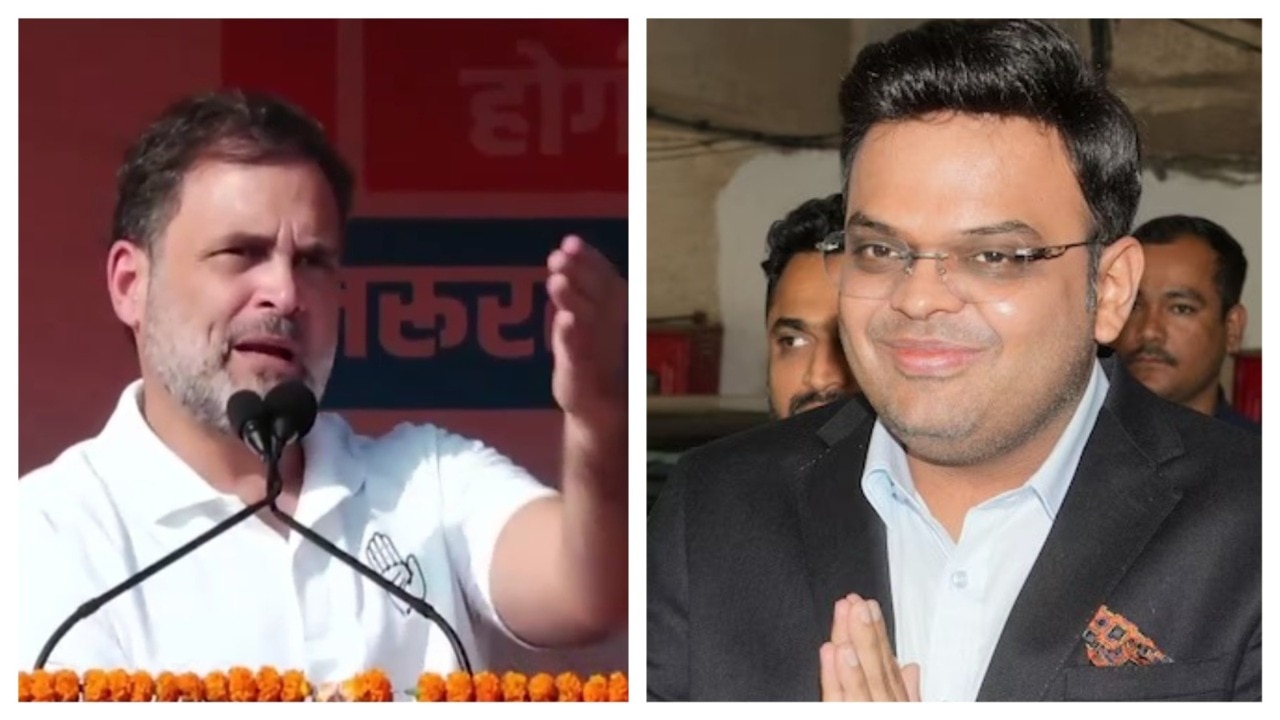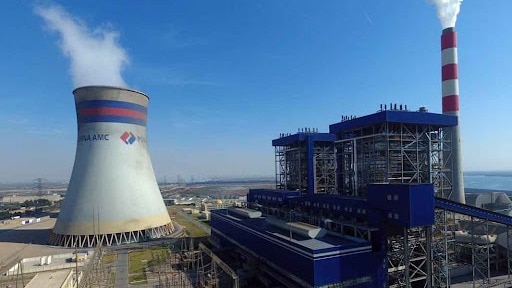Pakistan’s Defence Minister Khwaja Asif has said that peace talks with Afghanistan, held in Istanbul to prevent renewed border clashes, have collapsed. Speaking to GEO News on Friday, he stated that the ceasefire would remain in place only as long as no attacks are launched from Afghan territory.
The development came hours after Asif earlier issued a stark warning that if the negotiations collapsed, it would force them to get into a ‘war’ with the Taliban.
The minister’s blunt remarks came during an interview with Geo TV on the eve of the third round of dialogue, after two earlier rounds in Doha and Istanbul that ended without a breakthrough. “If the negotiations fail, the situation will deteriorate further. We have our options. Considering how we are being targeted, we may respond in the same manner,” Asif said.
Hours before that, at least five people were killed, and six others injured in cross-border fire between Afghanistan and Pakistan on Thursday, as per an AFP report.
The talks were being closely watched after a fragile ceasefire was brokered between the two neighbours following brief cross-border clashes earlier this month.
Turkey has been mediating to revive the process, which has so far stumbled over Pakistan’s demands that Kabul act decisively against the Tehreek-e-Taliban Pakistan (TTP).
The first round of talks took place in Doha on October 18-19, followed by a second round in Istanbul from October 25, which stretched for several days before concluding last week. Both sides agreed to maintain the ceasefire, but officials acknowledge that deep mistrust persisted.
Asif, meanwhile, dismissed Kabul’s claim that TTP fighters were merely “Pakistani refugees” returning home.
“How can refugees come back carrying heavy weapons and sneaking through mountain routes like thieves? This very argument exposes Afghanistan’s insincerity and ill intent,” he said.
Furthermore, Asif added that relations with Afghanistan “cannot return to normal” until the Taliban government takes firm steps to stop cross-border attacks.
“I won’t blame the entire Afghan government, but many within its ranks are clearly supporting these groups,” he added.
PAKISTAN-AFGHANISTAN CONFLICT
The hostilities between the two countries started last month after Islamabad targeted Tehreek-e-Taliban Pakistan (TTP) camps in Kabul. This came even as Afghan foreign minister of the Taliban regime, Amir Khan Muttaqi, was on his maiden visit to India.
Afghans blamed Pakistan for the border conflict and repeated violation of Afghanistan’s airspace.
At the heart of the dispute is the controversial Durand Line, which colonial Britishers drew as a border between pre-Independent India and Afghanistan. The Durand Line, which has bifurcated the traditional Pashtun homeland, has never been accepted by the Pathans on either side.
– Ends
Tune In










